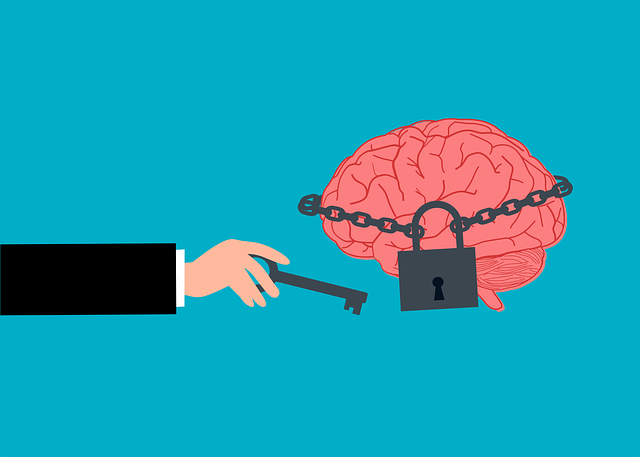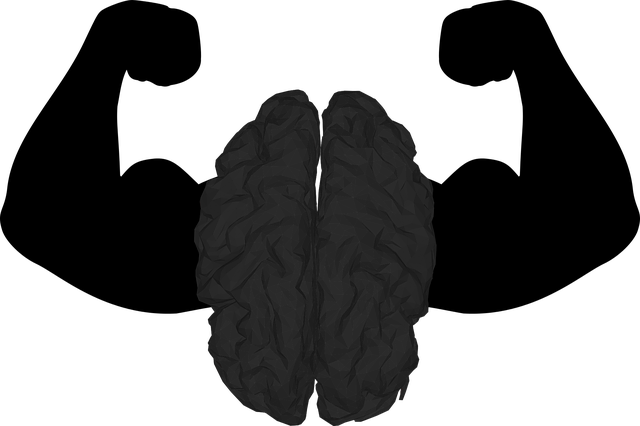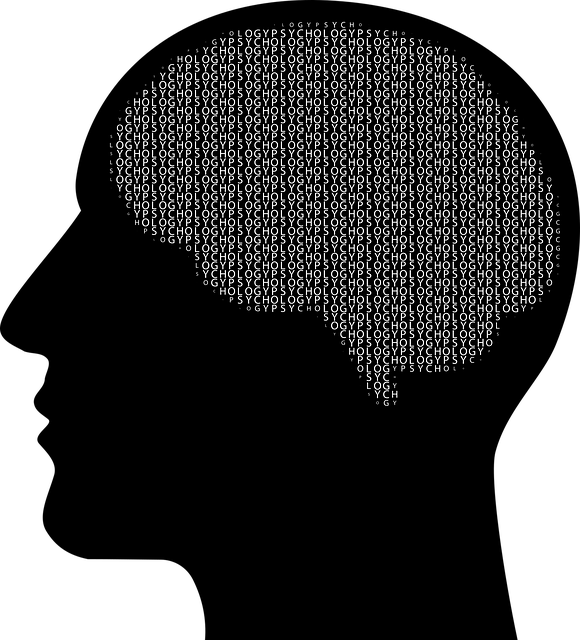Colorado Springs depression therapy introduces Recovery-Focused Methodology (RFM) for building resilience and coping abilities. RFM shifts the focus from mental illness labels to a growth-oriented mindset, integrating self-awareness exercises, positive thinking strategies, and burnout prevention tips. By enhancing self-image and effective communication, clients reduce stigma and boost confidence. This method, combining traditional techniques with RFM, fosters mental toughness and self-compassion for better stress management and improved well-being, empowering individuals to handle life's challenges in Colorado Springs.
“In today’s fast-paced world, building resilience is key to navigating life’s challenges. One powerful framework gaining traction in mental health circles, especially in Colorado Springs Depression Therapy, is RFM—a strategy that empowers individuals to foster adaptability and bounce back from adversity. This article explores the fundamentals of RFM, provides a comprehensive guide to resilience-building exercises, and highlights how Colorado Springs Depression Therapy centers are integrating these techniques for holistic well-being.”
- Understanding RFM and Its Role in Resilience Building
- Exercises to Enhance Resilience: A Step-by-Step Guide
- Colorado Springs Depression Therapy: Integrating RFM for Holistic Well-being
Understanding RFM and Its Role in Resilience Building

Resilience is a powerful tool for navigating life’s challenges, and RFM (Recovery-Focused Methodology) offers a structured approach to building this inner strength. This methodology recognizes that recovering from mental health issues, such as depression, involves more than just treating symptoms; it’s about fostering an individual’s ability to cope and thrive despite adversity. By focusing on recovery, RFM encourages a shift in perspective, moving away from the negative impact of labels like “mental illness” towards a future-oriented, growth-minded mindset.
In the context of Colorado Springs depression therapy, RFM exercises are designed to empower individuals. These activities include techniques for enhancing self-awareness, developing effective communication strategies, and fostering a positive sense of self. Through such practices, clients can reduce the stigma associated with mental illness, boost their confidence, and improve overall well-being. By integrating these resilience-building blocks into therapy, individuals are equipped to handle life’s curveballs, ensuring they emerge stronger and more capable on the other side.
Exercises to Enhance Resilience: A Step-by-Step Guide

Building resilience is a powerful tool to combat stress and adversity, especially for individuals dealing with depression in Colorado Springs. Through structured exercises, one can cultivate mental fortitude and navigate life’s challenges more effectively. Here’s a step-by-step guide to enhance your resilience using techniques tailored for personal growth:
1. Self-Awareness Exercises: Start by becoming aware of your thoughts and emotions. Practice mindfulness meditation to observe without judgment. This increases self-awareness, helping you recognize triggers and patterns contributing to stress or depression. By understanding your internal experiences better, you gain a sense of control, which is the first step towards building resilience.
2. Positive Thinking Strategies: Cultivate a positive mindset through affirmations and reframing negative thoughts. Replace self-critical statements with encouraging ones. For instance, instead of “I always mess things up,” try “I learn from my mistakes.” This shifts your perspective, fostering optimism and resilience in the face of setbacks.
3. Burnout Prevention Strategies for Healthcare Providers: If you’re a healthcare provider, burnout is a real concern. Incorporate regular exercise, adequate sleep, and stress management techniques into your routine to prevent emotional exhaustion. These strategies not only enhance overall well-being but also improve patient care by ensuring you’re at your best.
4. Gradual Exposure Therapy: Confront fears gradually through exposure exercises. Facing challenges step by step builds confidence in your ability to handle difficult situations. This technique is particularly useful for those dealing with anxiety or phobias, helping them reclaim control over their lives.
5. Social Support and Connection: Build a strong support network of friends, family, or support groups. Sharing experiences and emotions with others provides comfort and perspective. Social connections are vital in fostering resilience as they offer encouragement during difficult times.
Colorado Springs Depression Therapy: Integrating RFM for Holistic Well-being

In Colorado Springs Depression Therapy, integrating Resourceful Facilitation Method (RFM) offers a holistic approach to mental wellness. RFM focuses on cultivating positive thinking and building resilience through various exercises designed to strengthen an individual’s internal resources. Therapists in Colorado Springs utilize these Compassion Cultivation Practices to help clients navigate the challenges of depression by fostering mental toughness and self-compassion. By combining traditional therapeutic techniques with RFM, practitioners create a supportive environment that enhances overall well-being.
This integrated approach encourages individuals to develop coping mechanisms tailored to their unique needs. Through regular practice, Colorado Springs Depression Therapy clients learn to respond to stressful situations with greater equanimity, fostering positive thinking and improved mental health. By embracing RFM, the therapy provides tools for self-care that extend far beyond the therapeutic setting, ensuring sustained mental wellness in daily life.
Resilience is a powerful tool in navigating life’s challenges, and RFM (Resourcefulness, Flexibility, and Mastery) exercises offer an effective framework. This article has explored how understanding RFM can enhance resilience, particularly in the context of Colorado Springs Depression Therapy, where integrating these principles promotes holistic well-being. By following the step-by-step guide provided, individuals can take proactive steps to build mental fortitude, ensuring they are equipped to face and overcome adversity. Through dedicated practice, one can cultivate a resilient mindset that resonates long after completing these exercises.














